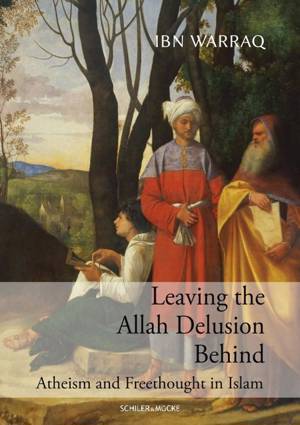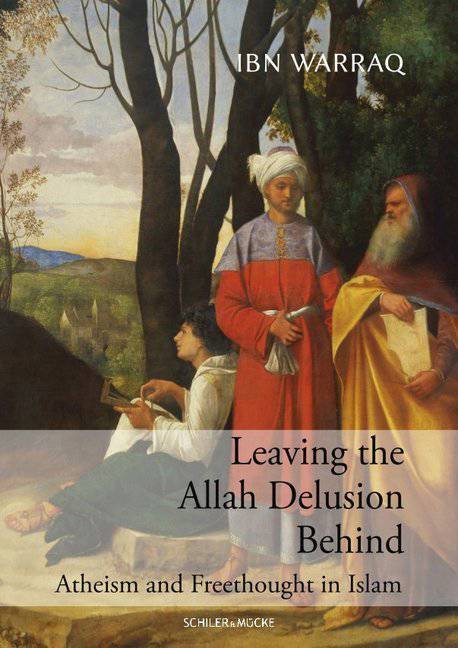
- Retrait gratuit dans votre magasin Club
- 7.000.000 titres dans notre catalogue
- Payer en toute sécurité
- Toujours un magasin près de chez vous
- Retrait gratuit dans votre magasin Club
- 7.000.0000 titres dans notre catalogue
- Payer en toute sécurité
- Toujours un magasin près de chez vous
Description
"Leaving the Allah DelusionBehind" begins with a pioneering study of freethought and atheism in both Classical and Modern Islam, a much neglected subject. After a look at zindiqs (atheists, heretics, dualists) and dahris (materialists and atheists), Ibn Warraq examines such heretics as Ibn al-Rawandi, Al-Razi, al-Ma'arri, 'Umar Khayyam, and Akbar the Great.
In Part Two, the author discusses the fascinating story of the Islamic origins of The Treatise of The Three Impostors (a refutation of the revealed religions of Judaism, Christianity, and Islam, and a scathing look at their respective prophets, Moses, Jesus, and Muhammad), and the philosophy of Averroes (Ibn Rushd), and its enormous influence on Western freethought.
Part Three brings the story up to the nineteenth-, twentieth-, and twenty-first century. We are witnessing monumental changes in the beliefs of peoples of Islamic lands, changes whose implications and consequences have not yet sunk in. The general public both in the West, and in the Middle East is unaware of this modern phenomenon of literally thousands of young men and women from Islamic societies leaving Islam, and embracing atheism. Their presence can be felt on the internet and the social media.
In Part Two, the author discusses the fascinating story of the Islamic origins of The Treatise of The Three Impostors (a refutation of the revealed religions of Judaism, Christianity, and Islam, and a scathing look at their respective prophets, Moses, Jesus, and Muhammad), and the philosophy of Averroes (Ibn Rushd), and its enormous influence on Western freethought.
Part Three brings the story up to the nineteenth-, twentieth-, and twenty-first century. We are witnessing monumental changes in the beliefs of peoples of Islamic lands, changes whose implications and consequences have not yet sunk in. The general public both in the West, and in the Middle East is unaware of this modern phenomenon of literally thousands of young men and women from Islamic societies leaving Islam, and embracing atheism. Their presence can be felt on the internet and the social media.
Spécifications
Parties prenantes
- Auteur(s) :
- Editeur:
Contenu
- Nombre de pages :
- 740
- Langue:
- Anglais
- Collection :
- Tome:
- n° 1
Caractéristiques
- EAN:
- 9783899302561
- Date de parution :
- 17-04-20
- Format:
- Livre relié
- Dimensions :
- 167 mm x 220 mm
- Poids :
- 1100 g

Les avis
Nous publions uniquement les avis qui respectent les conditions requises. Consultez nos conditions pour les avis.






